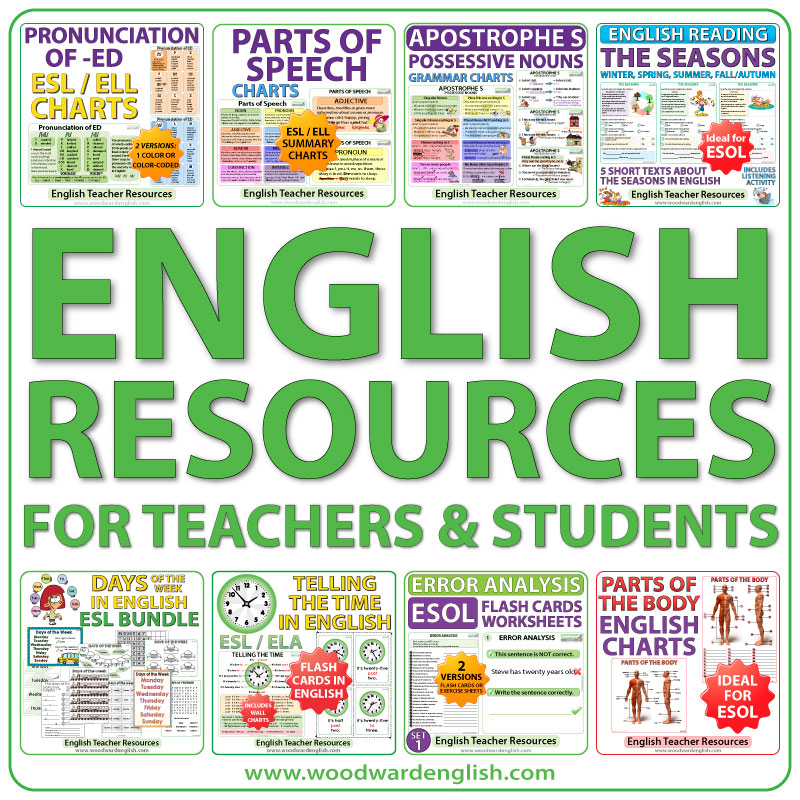What are phrasal verbs?
A phrasal verb is a combination of a verb + preposition (or adverb).
This preposition or adverb part of a phrasal verb is called the particle: Verb + particle
Typically, the meaning of a phrasal verb is usually not obvious when we look at the words individually.
Note: Sometimes a phrasal verb has three parts to it with the particle containing two words.
e.g. put up with, get away with, look forward to
Though most phrasal verbs contain just two words.
e.g. break down, get up, take off, look over.
Why is it important to know phrasal verbs?
It is important to know phrasal verbs because they are used a lot in everyday conversation.
For example: How often do you use the phrasal verbs get up or wake up?
You are also more likely to use a phrasal verb instead of a single verb.
For example: If someone knows on the door, you wouldn’t normally say “Enter!” you would almost always say “Come in!”
Now there are THOUSANDS of phrasal verbs, so it is best to learn them as you need them or hear them.
Phrasal verb fill the blank activity
Today we are going to do an exercise to learn and use 30 different common phrasal verbs in English.
You will see a sentence on the screen with a blank space in it. You need to fill the blank with the correct phrasal verb.
Here are the phrasal verbs that will appear in this lesson.
Note: there is sometimes more than one meaning for a phrasal verb. We have used the meaning that is for the sentence in this activity.
- Apply for: to complete and submit a form to do something
- Break down: when a machine does not function
- Break into: to enter a location illegally
- Break up: to end a relationship with someone
- Call off: to cancel or to abandon
- Carry on: to continue doing something
- Come around: to visit
- Cross out: to put a line through a letter or word that has been written
- Get away with: to do something and that nobody knows that you did it
- Get on (with): to have a good relationship with somebody
- Get over: to recover from something – either a sickness or a bad experience
- Get together: to meet a person or some people for a specific purpose (a drink, a meal)
- Get up: to get out of bed
- Give up: to stop doing something, to surrender, to quit
- Grow up: the location where you lived when you were a child
- Hold on: to grasp something in your hand
- Join in: to participate in an event with other people
- Keep up with: to maintain the same pace as someone/something
- Look forward to: to be eager about an upcoming event
- Put off: to postpone to a later date or time
- Put up with: to tolerate someone or something that you do not like
- Ring up: to call somebody via the telephone
- Slow down: to do something at a slower speed
- Take off: when an airplane leaves an airport and flies into the air
- Take up: to accept an offer to do something
- Throw away: to dispose of something that you no longer want
- Throw up: to vomit
- Try on: to put on (clothes) to see if they fit
- Turn down: to not accept an invitation to do something
- Turn on: to start a machine or a device
You may also be interested in our free Phrasal verb course with many phrasal verbs and their meanings with example sentences.




